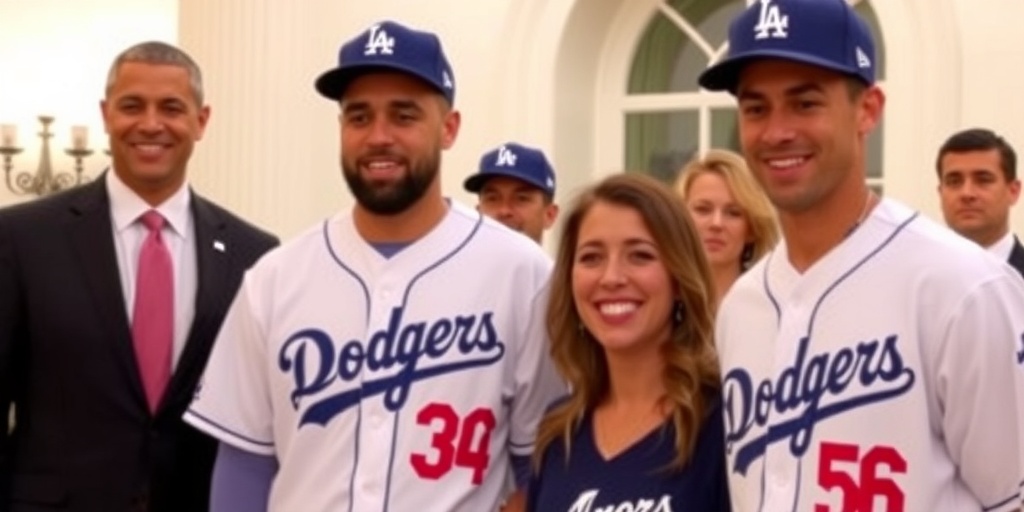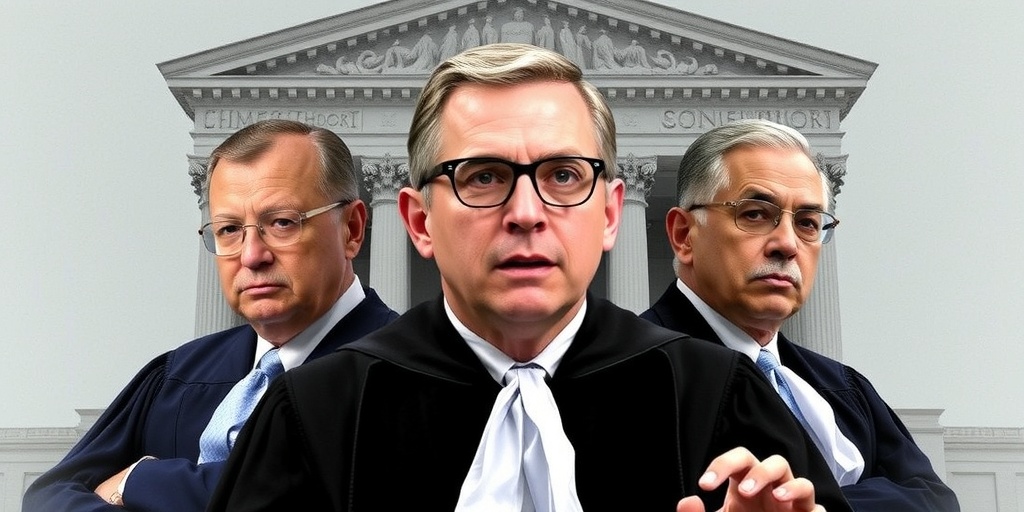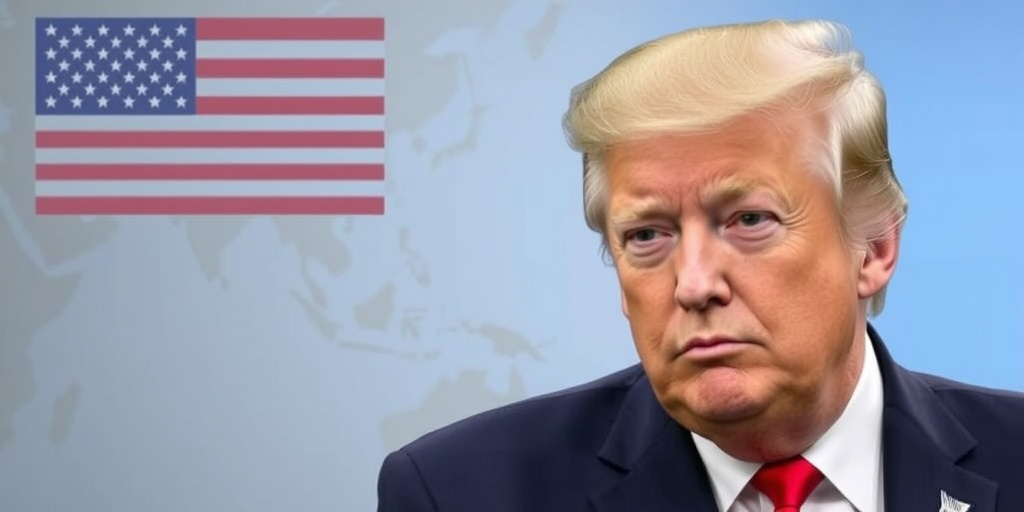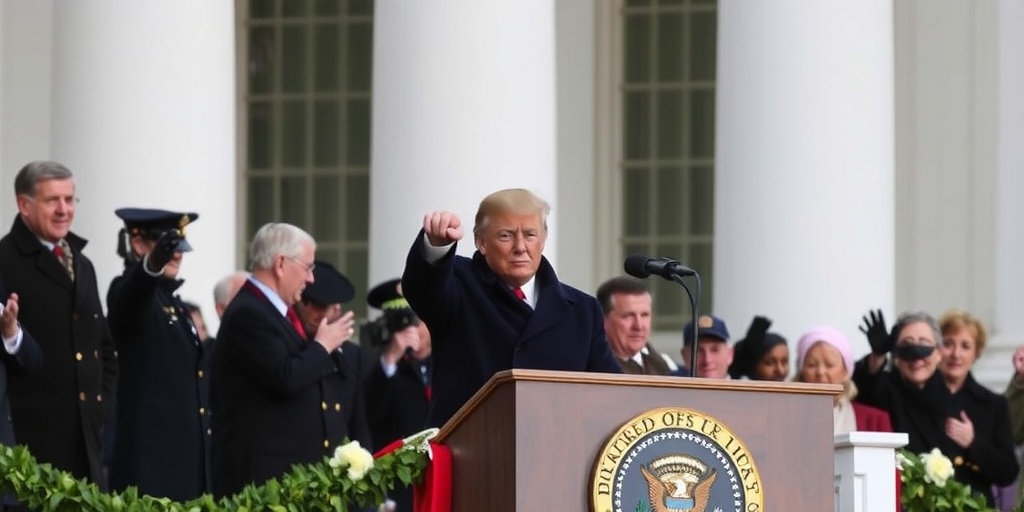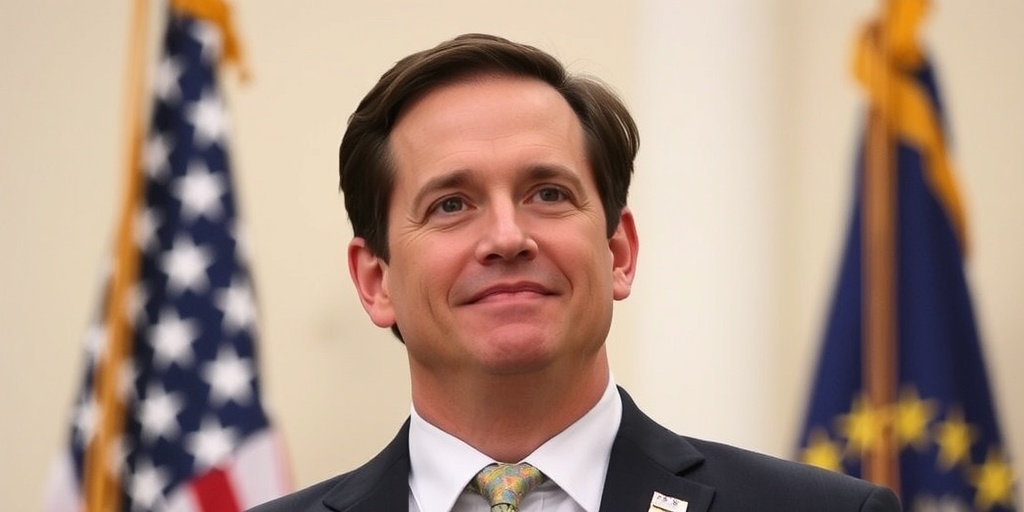Now Reading: Trump Takes Oath Without Bible: Not Required to Do So
-
01
Trump Takes Oath Without Bible: Not Required to Do So
Trump Takes Oath Without Bible: Not Required to Do So
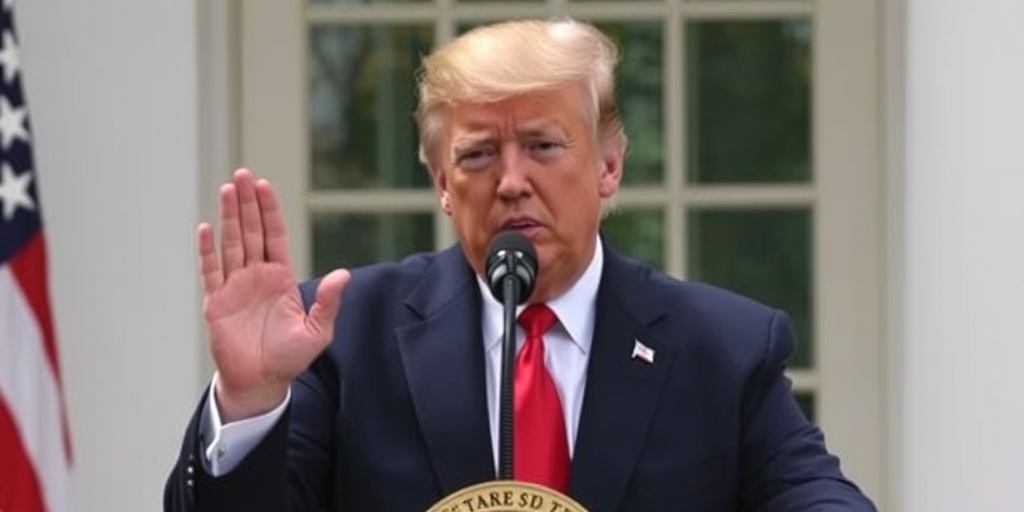
Donald Trump’s Oath of Office: A Departure from Tradition?
On the day of Donald J. Trump’s inauguration as the 45th president of the United States, a notable moment during the ceremony occurred as he raised his right hand to take the presidential oath. While his wife, Melania Trump, held two distinct Bibles—a family Bible and a historically significant Bible used by Abraham Lincoln—Mr. Trump opted not to place his hand on either of these sacred texts. This decision sparked discussions about tradition, symbolism, and the requirements of the presidential oath.
The custom of presidents taking the oath of office with their hand placed on a Bible is a longstanding tradition that traces its roots back to the very first president, George Washington. During his inaugural ceremony in 1789, Washington famously took the oath with his hand on the altar Bible from a nearby Masonic Lodge and even kissed the book afterward as a sign of reverence. This symbolic act has been upheld by most presidents since, reinforcing the connection between the office and the nation’s founding principles.
However, the Constitution itself does not mandate the use of a Bible or any religious text during the swearing-in. It simply states that the president must "execute the Office of President of the United States" and take an oath affirming their commitment to the duties of the office. The lack of explicit requirements regarding religious texts implies that tradition may be more influential than legal obligation in this context.
In Mr. Trump’s case, the reason for not placing his hand upon the Bibles held by Melania Trump remains unclear. When inquiries were made to the White House for clarification, no immediate response was provided. Given the significance of such a moment in American history and the expectations associated with the ceremonial oath, Mr. Trump’s choice drew attention from commentators and political analysts alike.
Traditionally, presidents have adhered closely to Washington’s practice of oath-taking. For instance, Franklin Pierce, who was inaugurated in 1853, broke with convention by not kissing the Bible—a noted deviation from the norm. There have also been rare instances throughout history where presidents used alternative objects during the ceremony. Notably, John Quincy Adams, the sixth president, rested his hand on a book of law rather than a Bible, emphasizing a secular interpretation of the oath. Furthermore, when Lyndon B. Johnson was elevated to the presidency aboard Air Force One following the assassination of John F. Kennedy in 1963, he used a Catholic prayer missal found on the plane as a substitute for a Bible.
Another example of deviation from the tradition occurred during Theodore Roosevelt’s inauguration in 1901. Sworn in following the tragic assassination of President William McKinley, Roosevelt did not employ a Bible, reflecting the situational context in which he assumed office. These examples illustrate that while the practice of using a Bible is prevalent, it is by no means a strict requirement.
In the case of Donald Trump, his first presidential inauguration in 2017 showcased his adherence to this tradition, as he placed his hand on the Bible during that ceremony. The contrast with the current event raises questions about the significance of such rituals and the evolving nature of presidential oaths. As society changes, the interpretations of these traditions may shift, opening the door to more personal or alternative expressions of solemn commitment to the nation’s leadership.
The omission of the Bible in Trump’s oath-taking highlights an ongoing debate about the intersection of religion and politics in the United States. Many Americans view the use of the Bible as a powerful symbol of faith and integrity, while others argue that adherence to such practices should not necessarily define one’s qualifications to lead. The discussion continues as to what these rituals mean in a pluralistic society where the separation of church and state is valued.
As the nation looks forward, the implications of Trump’s choices during the solemn oath-taking ceremony will likely be analyzed in the context of broader themes of presidential symbolism, traditions, and their relevance in modern America. Whether this moment is viewed as a break from tradition or a reflection of an evolving understanding of the presidential oath, it undoubtedly adds another layer to the complex tapestry of American presidential history. The implications of such decisions extend beyond ceremonial acts and into the philosophical considerations of governance, faith, and representation in a diverse nation.
Stay Informed With the Latest & Most Important News
Previous Post
Next Post
-
 01New technology breakthrough has everyone talking right now
01New technology breakthrough has everyone talking right now -
 02Unbelievable life hack everyone needs to try today
02Unbelievable life hack everyone needs to try today -
 03Fascinating discovery found buried deep beneath the ocean
03Fascinating discovery found buried deep beneath the ocean -
 04Man invents genius device that solves everyday problems
04Man invents genius device that solves everyday problems -
 05Shocking discovery that changes what we know forever
05Shocking discovery that changes what we know forever -
 06Internet goes wild over celebrity’s unexpected fashion choice
06Internet goes wild over celebrity’s unexpected fashion choice -
 07Rare animal sighting stuns scientists and wildlife lovers
07Rare animal sighting stuns scientists and wildlife lovers













